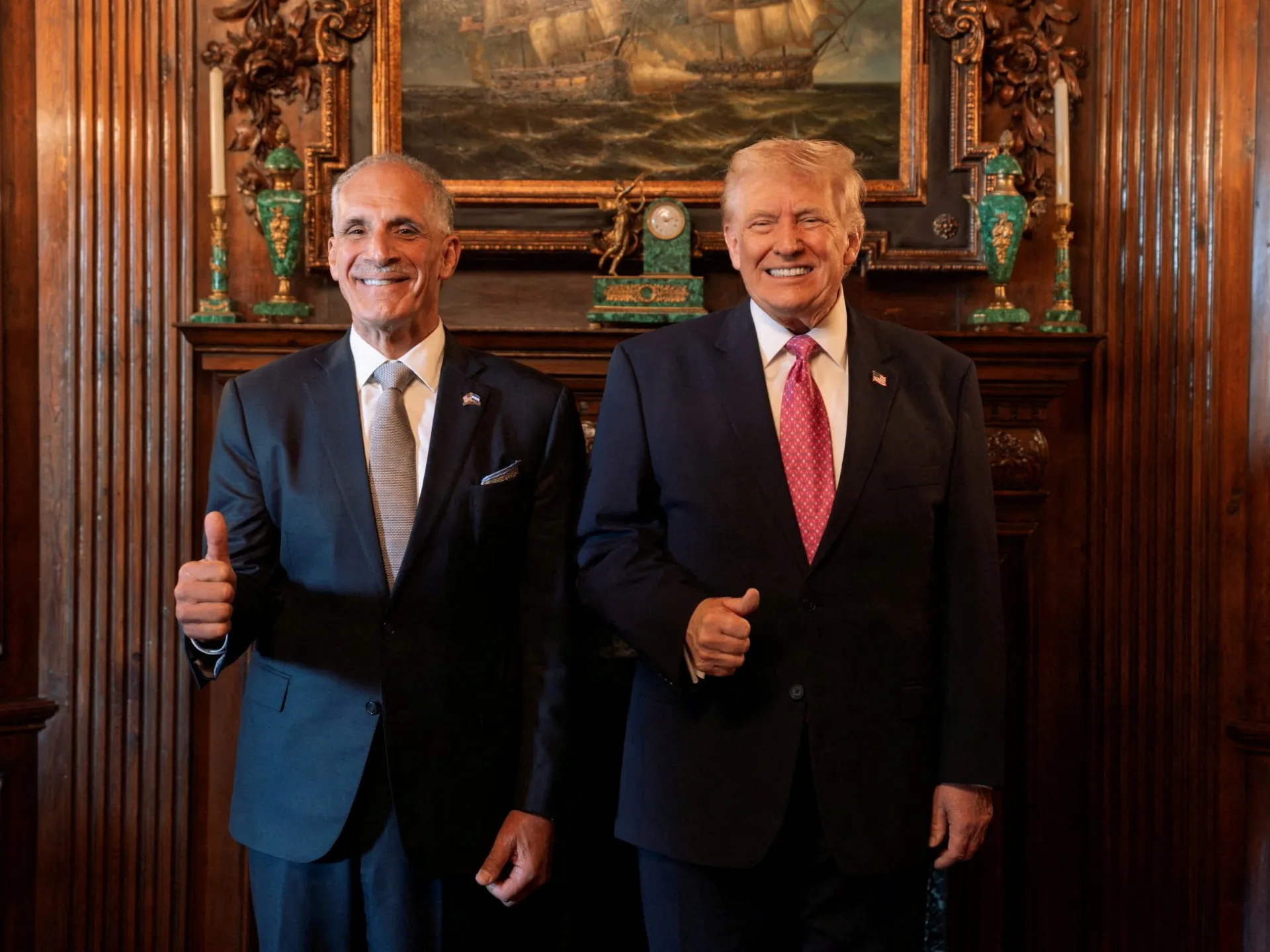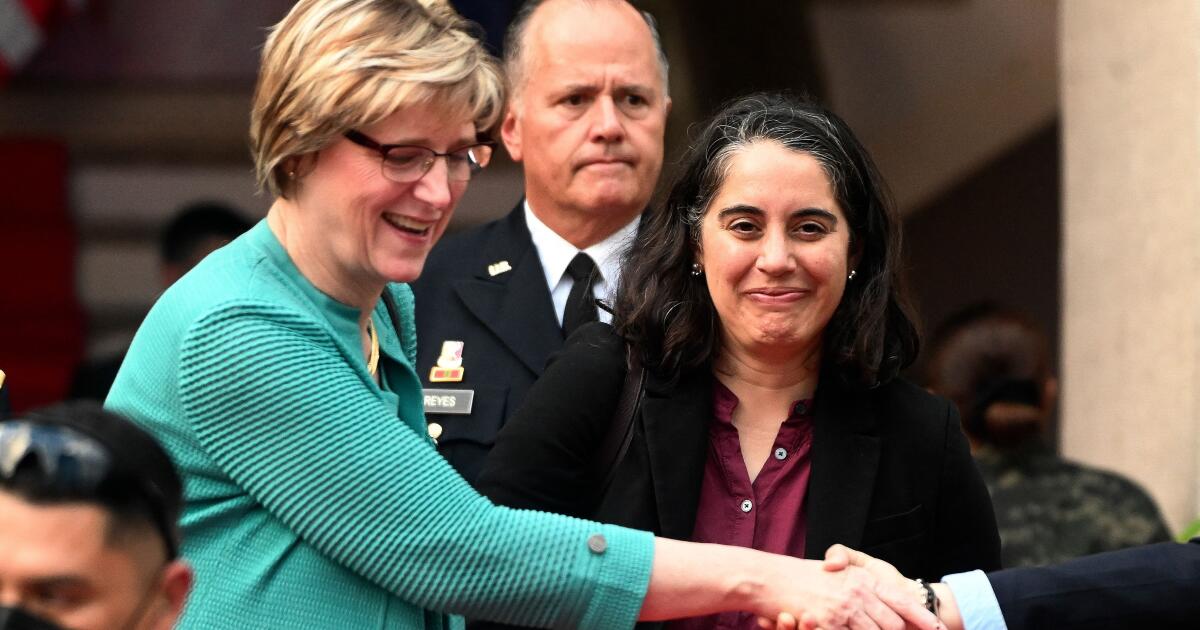Appeals court clears way to end TPS for Honduras, Nicaragua, Nepal
Feb. 10 (UPI) — A federal appeals court has sided with the Trump administration’s effort to end deportation protections for Honduras, Nicaragua and Nepal, a decision that could lead to the removal of tens of thousands of people living in the United States, some of whom have called the country home for up to two decades.
The U.S. Court of Appeals for the Ninth Circuit issued a stay pending appeal on Monday, granting Homeland Security Secretary Kristi Noem’s emergency request to lift a lower court’s order blocking the Trump administration from ending Temporary Protected Status for nationals of those three countries.
“A win for the rule of law and vindication for the U.S. Constitution,” Noem said in a social media statement following the ruling on Monday. “TPS was never designed to be permanent, yet previous administrations have used it as a de facto amnesty program for decades.
“Given the improved situation in each of these countries, we are wisely concluding what was intended to be a temporary designation.”
The ruling comes in a protracted case pitting the Trump administration against immigration advocates, who filed the class action lawsuit in July against the federal government’s effort to end TPS for the three countries.
Jhony Silva, a Honduran TPS holder, nursing assistant, father and a plaintiff in the case, said in a statement that he is upset with the ruling but will not stop “fighting for justice.”
“I cannot bear the thought of being separated from my family. I have lived in this country since I was a toddler and I belong here,” he said. “My child does, too.”
Established by Congress in 1990, TPS is a mechanism to shield migrants in the United States from being deported to countries experiencing war, conflict or famine, ultimately preventing Washington from deporting people into a harmful environment.
Honduras and Nicaragua were granted TPS designations in January 1999, a year after the countries were devastated by Hurricane Mitch. Nepal was granted TPS in 2015, after it was hit by a destructive earthquake.
An estimated 60,000 people from the three countries currently in the United States are protected from being deported to those three countries.
Ending TPS designations has been a prong of the Trump administration’s crackdown on immigration and effort to deport hundreds of thousands of immigrants.
In canceling TPS protections for Nepal in June and Honduras and Nicaragua in July, Trump administration officials argued that the designation was only meant to be temporary and that conditions in the three nations have improved significantly enough that they are no longer warranted.
On July 7, the National TPS Alliance filed a class action lawsuit against the federal government, arguing the terminations were unconstitutional, arbitrary and capricious and conducted without following the necessary review process.
The National TPS Alliance argued the Trump administration’s decision to rescind TPS for the three countries was not based on a review of the conditions on the ground but on a predetermined political decision to dismantle the program, in violation of the Administrative Procedure Act.
Within that month, a district judge granted the immigration advocates a postponement of the termination, followed by the three-judge panel of the U.S. Court of Appeals approving the Trump administration’s request for a stay pending appeal in mid-August.
In October, the plaintiffs filed a motion for summary judgment. On Dec. 31, a district judge granted the immigration advocates partial summary judgment on two of their three claims, staying the termination of the TPS designations — prompting the Trump administration to file for another emergency request with the appeals court.
In its six-page ruling, the appeals court said Monday that the federal government was likely to succeed on the merits of its appeal by either showing that the district court lacked jurisdiction to impose the stay or by prevailing on the argument that the federal government was not in violation of the APA.
“TPS holders deserve better than this,” Jessica Bansal, an attorney with the National Day Laborer Organizing Network, said in a statement.
“Today’s decision allows mothers, fathers, students and workers who have lived lawfully in this country for decades to be stripped of status without even acknowledging the devastation caused to them and their families or the contributions they have made to their communities.”



